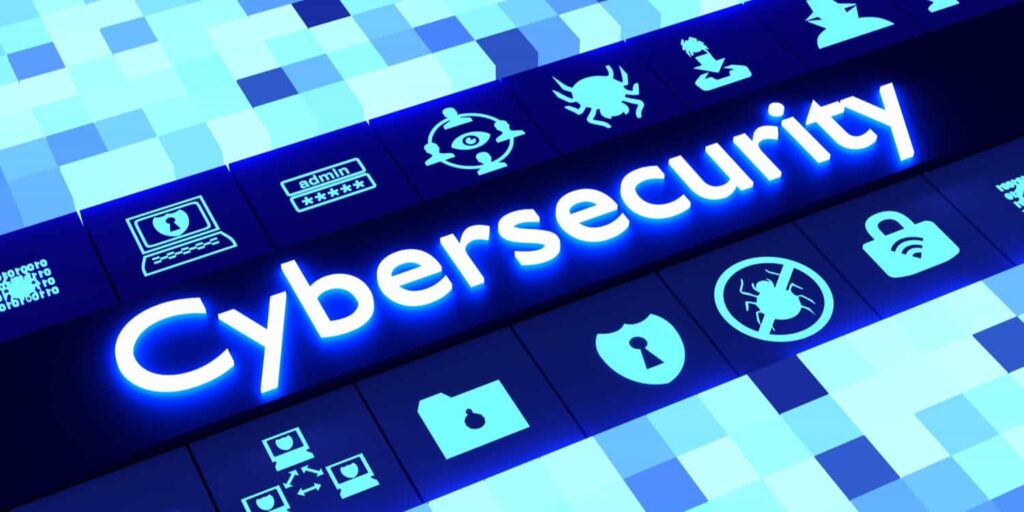Table of Contents
Introduction
The practice of safeguarding computer networks, systems, and digital data from theft, damage, and illegal access is known as cybersecurity. It basically comes down to protecting the digital world from malevolent attacks. Platforms like HackTheBox, TryHackMe, and picoCTF offer hands-on challenges.
Why we need it?
- Protection of sensitive data: Cybersecurity helps keep sensitive data out of the wrong hands. People and businesses save a lot of sensitive information online, such as financial information, intellectual property, and personal details.
- Prevention of financial loss: Cyberattacks can lead to significant financial losses for individuals and businesses through fraud, theft, and disruption of operations.
- Maintenance of operational continuity: Businesses, governmental organizations, and vital infrastructure can all be impacted by cyberattacks that interfere with vital systems and services. The continued operation of these systems is aided by cybersecurity.
- Protection of critical infrastructure: Essential services like power grids, water systems, and transportation networks are increasingly reliant on digital systems. Cybersecurity is crucial for protecting these systems from attacks that could have devastating consequences.
- Building trust: Trust is crucial in the digital world of today. By showcasing a dedication to safeguarding data and systems, cybersecurity measures aid in fostering trust between people and organizations.
- Combating evolving threats: Cyber threats are constantly evolving, with attackers developing increasingly sophisticated techniques. Cybersecurity professionals work to stay ahead of these threats and develop effective defenses.
To master cybersecurity in 2025, here’s a comprehensive roadmap tailored for beginners and aspiring experts:
Foundational Knowledge – IT Basics: Learn computer hardware, operating systems (Windows, Linux, MacOS), and networking fundamentals (OSI model, protocols, subnetting, etc.).
Cybersecurity Fundamentals – Understand concepts like CIA Triad (Confidentiality, Integrity, Availability), common threats (malware, phishing, etc.), and basic cryptography (hashing, salting, encryption).
Foundational Knowledge
Networking Fundamentals:
- TCP/IP, DNS, routing, switching.
- Understanding network protocols and how they function.
- Tools: Wireshark for packet analysis.
Operating Systems:
- Linux: Command-line proficiency is essential.
- Windows: Understanding system administration and security.
- MacOS: Gaining familiarity with its security features.
Programming Basics:
- Python: Widely used for scripting, automation, and security tools.
- Understanding other languages like JavaScript (for web security) and C/C++ (for system-level security) is beneficial.
Security Principles:
- CIA triad (Confidentiality, Integrity, Availability).
- Risk management, threat modeling, and vulnerability assessment.
- Cryptography basics: encryption, hashing, digital signatures.
Cybersecurity Fundamentals
Network Security:
- Firewalls, intrusion detection/prevention systems (IDS/IPS), VPNs.
- Network security monitoring and analysis.
- Zero Trust Architecture concepts.
Endpoint Security:
- Antivirus/anti-malware, endpoint detection and response (EDR).
- Device hardening and security configuration.
Web Application Security:
- OWASP Top 10 vulnerabilities.
- Web application penetration testing.
- Secure coding practices.
Cloud Security:
- Cloud service provider (AWS, Azure, GCP) security models.
- Cloud security best practices and compliance.
- Container and server less security.
Incident Response:
- Incident handling and management.
- Digital forensics and malware analysis.
- Security information and event management (SIEM) tools.
- Vulnerability Management:
- Vulnerability scanning and assessment.
- Patch management.
Specialization and Advanced Skills:
Areas to specialize in:
- Ethical hacking/penetration testing.
- Security analysis/threat intelligence.
- Cloud security engineering.
- Security governance, risk, and compliance (GRC).
- IoT Security.
- Operational Technology (OT) security.
Getting Certified
Certifications boost your credibility. Depending on your specialization, consider:
Beginner-Level:
CompTIA Security+ (Entry-level cybersecurity)
- CEH (Certified Ethical Hacker) (Penetration Testing)
- CEH (Certified Ethical Hacker) (Penetration Testing)
Intermediate-Level:
- OSCP (Offensive Security Certified Professional) (Advanced Pen Testing)
- GCIH (GIAC Certified Incident Handler) (Incident Response)
- AWS/Azure Security Certifications (Cloud Security)
Advanced-Level:
- CISSP (Certified Information Systems Security Professional) (Security Management)
- CISA/CISM (For Risk & Compliance Professionals)
- GXPN (GIAC Exploit Researcher and Advanced Penetration Tester) (Advanced Exploitation)
Conclusion
Gaining an understanding of cybersecurity principles will enable you to securely and confidently traverse the digital world, regardless of your goals—be they becoming a cybersecurity professional or just protecting your personal and professional data. As cyber threats change, the area offers high demand, new job prospects, and ongoing development.
To read more such informative articles. Click Here.

